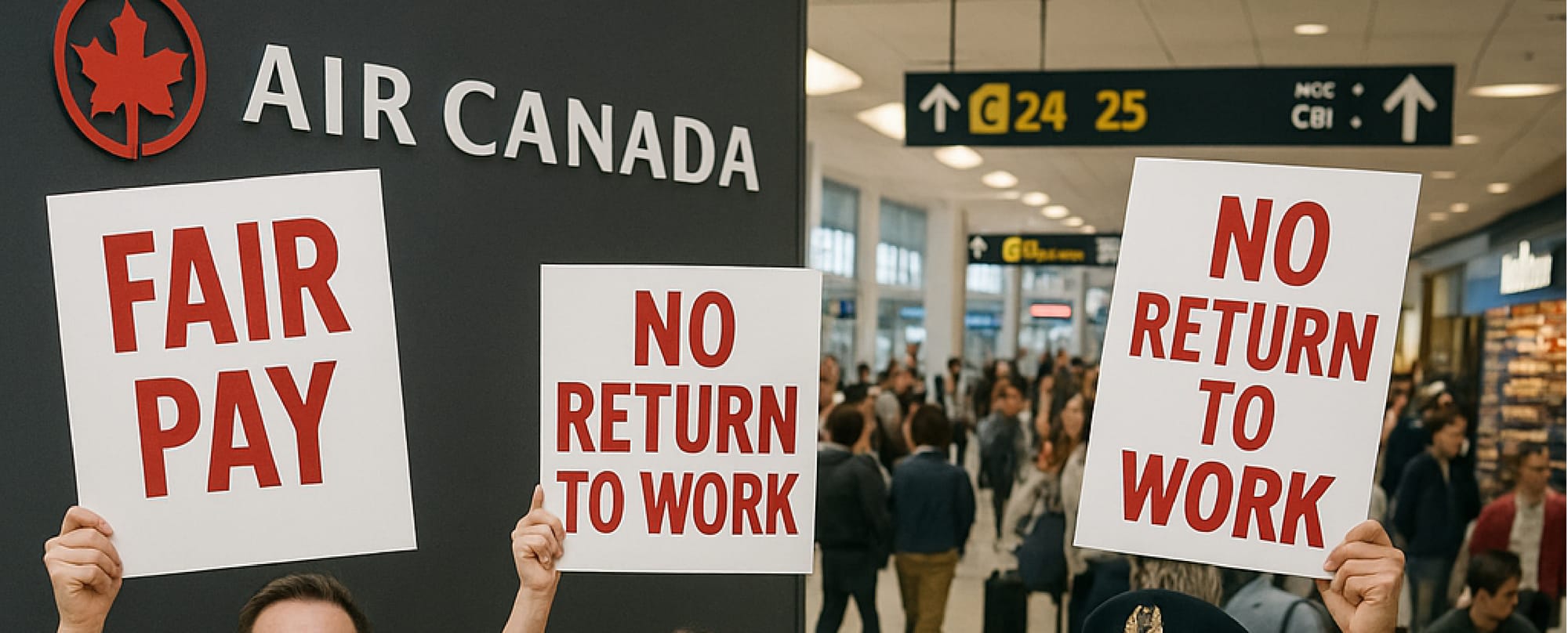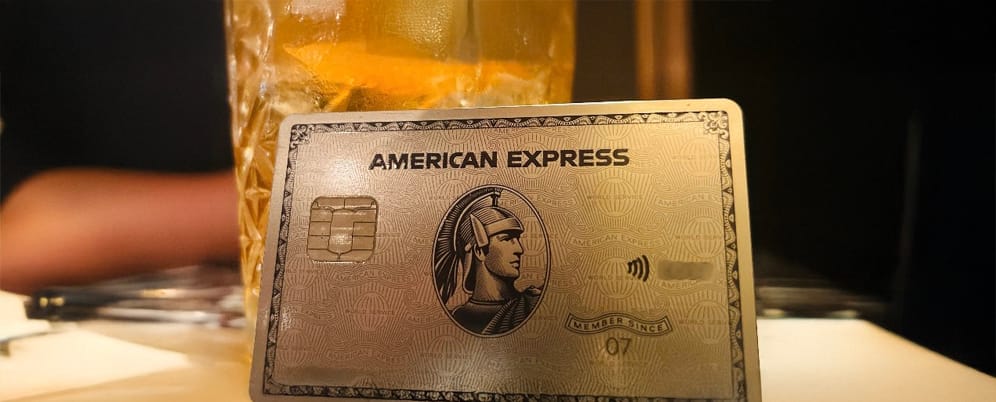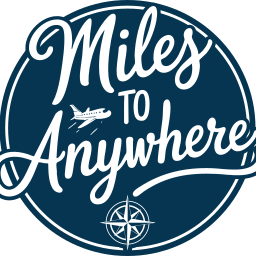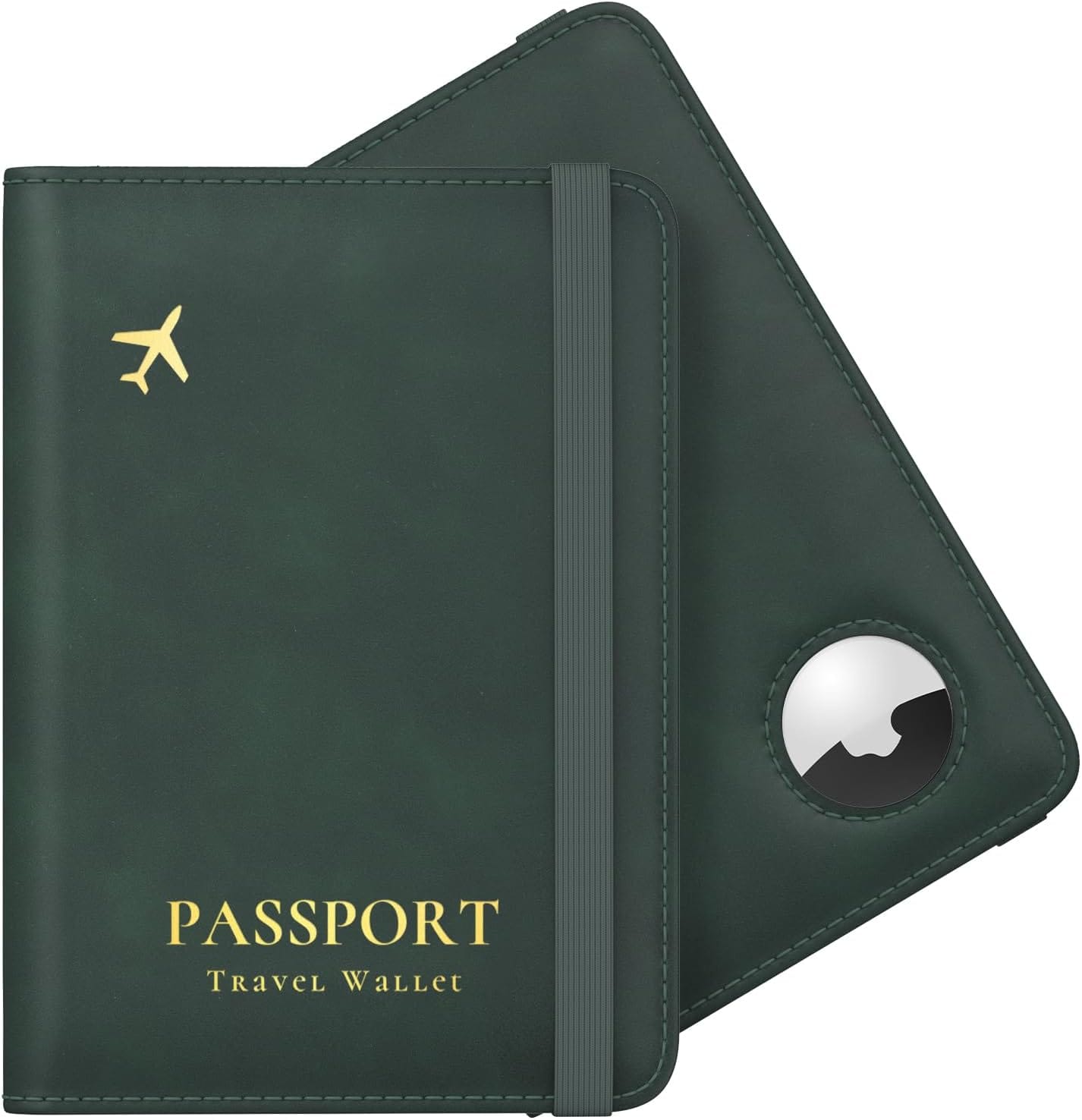Air Canada Strike 2025: Your Essential Guide to Flight Cancellations and Passenger Rights and What It Means For The US

Summer travel plans hanging in the balance? Here's everything you need to know to protect yourself.
Summer travel plans are facing significant uncertainty as a strike by Air Canada flight attendants continues, threatening to disrupt journeys for thousands of passengers. While nobody wants their vacation derailed by labor disputes, understanding your rights can turn a travel nightmare into a manageable inconvenience.
The Storm Brewing: Why Your Flight Might Disappear
The current turbulence stems from stalled contract negotiations between Air Canada and the Canadian Union of Public Employees (CUPE), which represents approximately 10,000 flight attendants across the country. The main sticking points? Pay raises and compensation for unpaid time flight attendants spend on the ground, including the boarding process where they're essentially working for free.
Here's where things get interesting: Air Canada preemptively cancelled flights before any strike actually began. The airline announced that if a strike commences on Saturday, August 16, 2025, at 1 a.m. EDT, it would cancel almost all scheduled Air Canada and Air Canada Rouge flights. Regional Air Canada Express flights, operated by Jazz Aviation and PAL Airlines, were expected to continue operating normally.
According to Air Canada's Chief Operating Officer, hundreds of flights were canceled since Thursday, August 14, 2025.
The Timeline of the Strike
- August 16, 2025 – Roughly 10,000 Air Canada flight attendants represented by CUPE (Canadian Union of Public Employees) went on strike. The key issue was compensation for unpaid duties during boarding and deplaning, along with wage increases.
- Government Response – The Canadian government issued a binding arbitration order under Section 107 of the Labour Code to end the strike. CUPE defied the order and continued picketing, arguing that current pay structures were not sustainable.
- August 19 – A tentative agreement was reached, and Air Canada began restoring flights. The carrier warned, however, that it could take up to ten days to return to normal operations.
- August 22 – Reports show union opposition and a real concern that the deal may fall through.
The Proposed Deal
Air Canada’s proposed labor deal offers:
- A 38 percent increase in overall compensation across four years.
- A 17.2 percent wage increase, which unions argue is far lower than what is needed to meet rising living costs.
- Some adjustments to pay for ground duties, though workers say they remain undercompensated for the time spent assisting passengers before takeoff and after landing.
The deal has sparked strong reactions. Virtual union meetings have been met with frustrations, while some flight attendants are in tears over the proposal. A ratification vote is expected, and there is concern that the deal could fail.
Wider Impacts on the Airline Industry
-
For Canada – The strike disrupted travel for hundreds of thousands of passengers at the peak of the summer season. Rating agencies downgraded Air Canada’s outlook, reflecting financial uncertainty. The strike also tested the government’s ability to enforce back-to-work legislation.
-
For Labor Movements – CUPE’s defiance of a binding arbitration order is unusual and could embolden other unions in Canada. It raises questions about how effective government intervention will be in future disputes.
-
For the United States – U.S. flight attendants face many of the same issues, particularly unpaid boarding duties. However, the Railway Labor Act makes strikes far more difficult. Any work stoppage would require federal mediation and potentially Congress, which means a U.S. strike is unlikely in the near future. Still, the Air Canada dispute has drawn attention from American unions who see parallels in their own negotiations.
What Travelers Should Expect
- Air Canada Passengers – While flights have resumed, schedules remain unstable as the airline works through the backlog. Travelers should continue to prepare for delays and cancellations over the next week.
- U.S. Airlines – The strike is unlikely to trigger immediate labor action in the United States, but it may influence negotiations between airlines and crew unions going forward.
- Industry Outlook – The conflict highlights long-standing tensions over how airlines compensate cabin crew for time spent on the ground. The resolution of this strike may set a precedent for future labor agreements across North America.
The Great Debate: Who's Really in Control?
Here's where passenger advocates and airlines see things differently. Air Passenger Rights, a leading advocacy group, argues that preemptive cancellations are business decisions fully within Air Canada's control and should be treated like any other cancellation for economic reasons.
However, Air Canada maintains that flight cancellations caused by strikes or lockouts are considered "extraordinary circumstances" outside their control, meaning they claim passengers aren't eligible for compensation for food and lodging expenses. This disagreement isn't just academic; it directly affects what compensation you might receive.
Know Your Rights: The Two Key Questions
Your passenger rights depend on answering these crucial questions:
1. Who Changed Your Itinerary?
- If Air Canada canceled your flight: You have legal protections
- If you voluntarily changed your flight: You're at the airline's mercy
2. When Was Your Flight Canceled?
- Before a strike begins (preemptive): Stronger passenger rights
- After a strike starts: Different rules may apply
This guide focuses on preemptive cancellations and lockout situations where your rights are most robust.
Your Two Options When Air Canada Pulls the Plug
When Air Canada preemptively cancels your flight or locks out employees, they must offer you a choice between two options. Think of it as choosing your own adventure, but with legal backing.
Option 1: Keep Traveling (The Determined Traveler Route)
Rebooking Rights:
Air Canada must rebook you free of charge on the next available flight operated by any carrier, including competitors they don't normally work with. Yes, you read that right – they might have to book you on WestJet's dime.
For flights under the Air Passenger Protection Regulations (APPR):
- First, they try rebooking on Air Canada or partner airlines within 9 hours
- If impossible, they must book the next available competitor flight
- Class of service doesn't matter – if only business class is available, you get upgraded for free.
Pro tip: Check flight booking websites yourself to identify available flights. Some airlines might conveniently "forget" about earlier options from competitors.
Assistance While You Wait:
- Meals and accommodation for delays over 2 hours
- If they don't provide these, pay yourself and keep every receipt
- No arbitrary spending caps apply to reasonable expenses
Cash Compensation for Your Trouble:
If notified 14 days or less before travel, you receive compensation based on delay length:
| Delay Duration | Compensation (CAD) |
|---|---|
| 3-6 hours | $400 |
| 6-9 hours | $700 |
| 9+ hours | $1,000 |
Transportation Between Airports:
If your new flight departs from a different airport, Air Canada provides free transportation to get you there.
Option 2: Take the Money and Run (The Refund Route)
Sometimes cutting your losses makes sense:
- Full refund in original payment method within 30 days
- Free transportation back to your starting point if needed
- $400 CAD compensation per passenger (if notified within 14 days)
⚠️ Warning: Don't choose Option 2 if you still want to travel! Once you accept a refund, Air Canada's obligations end, and you'll likely pay premium prices for last-minute flights elsewhere.
Enhanced Rights: Location Matters
International Travel Perks
If your journey crosses any international border, the Montreal Convention provides additional protection:
- Compensation for actual damages including:
- Meals, transportation, accommodation, communications
- Lost wages
- Prepaid hotel nights or missed events
- Other reasonable losses
Air Canada can only escape liability by proving they took all reasonable measures to prevent delays. Since preemptive cancellations are deliberate choices, this defense rarely succeeds in court.
Maximum liability: Approximately $12,000 CAD per passenger, and airlines can't impose their own lower limits.
EU/EEA Departure Benefits
Starting your journey outside of the US? Regulation (EC) No. 261/2004 has your back:
Enhanced Compensation:
- 300 EUR for delays of 3-4 hours
- 600 EUR for delays of 4+ hours
Comprehensive Care:
- Meals, accommodation, ground transportation
- Two free phone calls or emails
The European Court of Justice confirmed that strikes, lockouts, and preemptive cancellations are not "extraordinary circumstances" that excuse airlines from compensation obligations.
Credit Card Travel Protection: Your Secret Weapon
Your credit card might be the unsung hero in this travel chaos. Many premium cards offer robust trip delay and cancellation insurance that can supplement or even exceed airline compensation.
Top Credit Cards for Flight Protection
Premium Travel Cards:
- Chase Sapphire Reserve: Up to $10,000 trip cancellation coverage per person, $500 per day for delays over 12 hours
- American Express Platinum Card: Up to $10,000 trip cancellation, $500 per day for delays over 6 hours
- Capital One Venture X: Up to $10,000 trip cancellation, $500 per day for delays over 12 hours
- Citi Prestige Card: Up to $5,000 trip cancellation, $500 per day for delays over 3 hours
Mid-Tier Options:
- Chase Sapphire Preferred: Up to $5,000 trip cancellation, $500 per day for delays over 12 hours
- American Express Gold Card: Up to $2,500 trip cancellation coverage
- Capital One Venture: Up to $1,500 trip cancellation coverage
How to Use Credit Card Travel Insurance
Before You Travel:
- Pay for your entire trip with the protected credit card
- Review your card's specific terms – coverage varies significantly
- Save all booking confirmations and receipts
When Disruption Strikes:
- Contact your credit card company immediately – many have 24/7 travel assistance hotlines
- Document everything – take photos, save emails, keep receipts
- Get written confirmation from the airline about the reason for cancellation/delay
- Keep all expense receipts for meals, accommodation, and alternative transportation
Key Coverage Areas:
- Trip Cancellation: Reimburses non-refundable trip costs for covered reasons
- Trip Interruption: Covers additional transportation costs to catch up with your trip
- Trip Delay: Reimburses reasonable expenses during extended delays
- Baggage Protection: Covers lost, stolen, or delayed luggage
Important Coverage Notes:
- Most cards require the entire trip cost to be charged to the card
- Pre-existing medical conditions often aren't covered unless you have a waiver
- Work-related cancellations typically aren't covered unless specifically stated
- Acts of terrorism or war may have specific exclusions
Strike-Specific Considerations
Labor strikes occupy a gray area in credit card travel insurance:
- Trip Cancellation: Usually covered if the strike is announced after you book
- Trip Delay: Generally covered regardless of when the strike is announced
- Key Exception: Some cards exclude strikes by the airline's own employees
Pro Tip: American Express and Chase generally have more strike-friendly policies than other issuers.
Making a Claim: The Process
- Call the benefits administrator (usually listed on your card or statement)
- Submit required documentation within the specified timeframe (usually 20-90 days)
- Include all receipts and proof of the disruption
- Follow up regularly – claims can take 4-6 weeks to process
Required Documentation Usually Includes:
- Original trip receipts charged to the card
- Airline documentation of cancellation/delay reason
- Receipts for additional expenses incurred
- Completed claim forms
Your Action Plan: What to Do When Chaos Strikes
Before Trouble Hits
- Monitor flight status obsessively – Air Canada notifies via email/text
- Stay updated on strike negotiations – knowledge is power
- Screenshot your original booking – you'll need proof later
- Review your credit card travel benefits – know what coverage you have
When Cancellation Strikes
- Determine the cancellation reason – preemptive vs. actual strike matters
- Don't panic-accept a refund if you still want to travel
- Document everything – record conversations, save emails, screenshot offers
- Keep all receipts for expenses the airline should cover
- Contact your credit card company if you have travel protection
Enforcing Your Rights
- Insist on competitor rebooking for preemptive cancellations
- Demand proper assistance – don't accept vouchers for inadequate amounts
- Calculate your compensation using the tables above
- File credit card claims promptly if applicable
- Consider small claims court if Air Canada refuses reasonable requests
The Bottom Line: Stay Informed, Stay Protected
The Air Canada strike is about more than canceled flights. It reflects deeper frustrations among flight attendants about fair pay and working conditions. The tentative agreement could resolve the immediate dispute, but if it fails in a union vote, travelers may see disruptions return. For the U.S., the strike serves as a cautionary tale and a reminder that crew members on both sides of the border are pushing back against outdated pay structures.
Labor disputes are unfortunately part of the airline industry landscape. While you can't control when strikes happen, you absolutely can control how prepared you are to handle the fallout.
The key takeaway? Preemptive cancellations and lockouts are business decisions, regardless of what airlines claim about "extraordinary circumstances." Your rights in these situations are robust – you just need to know how to use them.
Your credit card can be a powerful ally in these situations, often providing faster reimbursement than airline compensation processes. However, don't rely solely on credit card protection; know your passenger rights and use both tools together for maximum protection.
Remember, airlines bank on passengers not knowing their rights or being too frustrated to pursue them. Don't be that passenger. Armed with this knowledge and the right credit card protection, you can navigate even the choppiest travel turbulence and land safely at your destination – or at least get properly compensated for the journey.
Stay vigilant, keep your receipts, and don't let anyone tell you that a canceled vacation is just "part of flying." You have rights, credit card protection, and now you know exactly how to use them.
Other Post You May Have Missed

Notes: Some links in this post may earn us a small commission at no extra cost to you, as we participate in affiliate programs. This is how we can continue to work and bring you the latest and best content.
All information is accurate as of the date of publication but may change over time.
Always check for the latest details before making travel plans.







